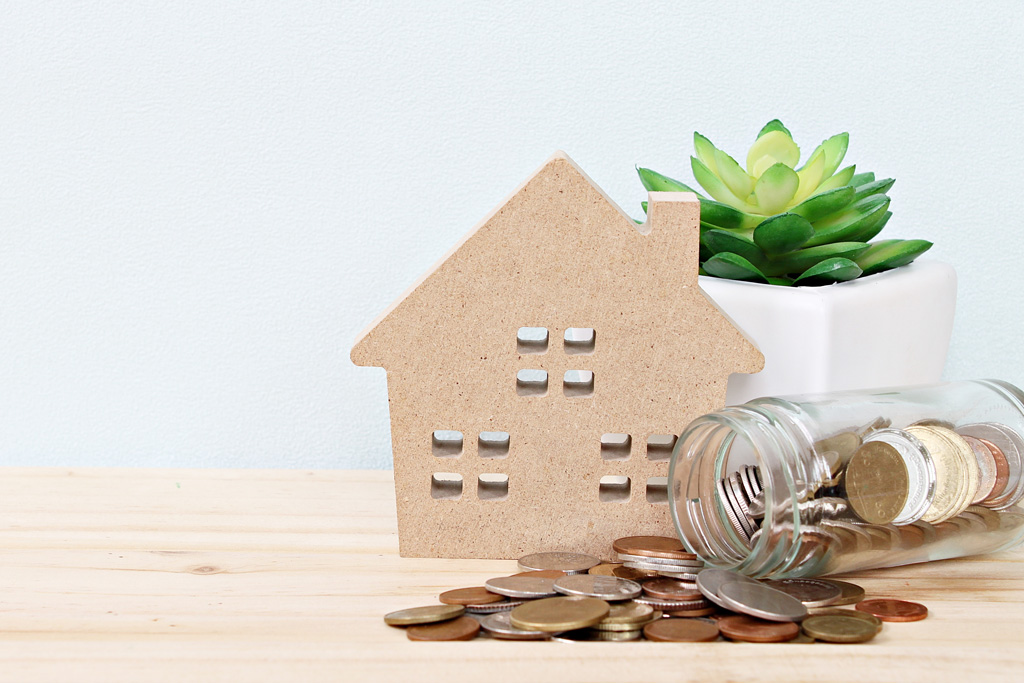-
Find your place in the sun
- Home
-
Property Search
- Property Search
-
Property in Spain
- Property in Spain
- Almeria
- Costa Blanca
- Costa del Sol
- Costa Brava
- Costa de la Luz
-
Costa Tropical
- Costa Tropical
- La Herradura
- Almuñécar
- Salobreña
- Motril
- Murcia
- Valencia
- Inland Andalucia
-
Canary Islands
- Canary Islands
- Tenerife
- Fuerteventura
- Lanzarote
- Gran Canaria
- Balearic Islands
- All Areas
- Property in France
-
Property in Portugal
- Property in Portugal
- Algarve
- Albufeira
- Lagos
- Lisbon Coast
- Silver Coast
- All Areas
- Property in Italy
-
Property in Greece
- Property in Greece
- Aegean Islands
- Corfu
- Crete
- Halkidiki
- Ionian Islands
- All Areas
- Property in Florida
- Property in Cyprus
- Property in Turkey
- Search all countries
- New Developments
- Find an agent in...
- Most Popular Properties
-
-
Help & Guides
- Help & Guides
- How to Buy
- Area Guides
- Free Guide Download
- Professional Services
- Currency
- Mortgages
- Insurance
-
Relocation
- Relocation
-
Moving to Spain
- Moving to Spain
- Buying property in Spain
- Living in Spain
- Retiring to Spain
- How to move to Spain
-
Moving to France
- Moving to France
- Buying property in France
- Living in France
- Retiring to France
-
Moving to Portugal
- Moving to Portugal
- Buying property in Portugal
- Living in Portugal
- Retiring to Portugal
-
Moving to Italy
- Moving to Italy
- Buying property in Italy
- Living in Italy
- Retiring to Italy
-
Moving to Cyprus
- Moving to Cyprus
- Buying property in Cyprus
- Living in Cyprus
- Retiring to Cyprus
- Moving to Malta
- Find a Lawyer
- Viewing Trips Guide
- Articles
- Webinars
- New Developments
- Live Events
-
TV Show
- TV Show
- Episodes
- Presenters
- Apply
- Advertise with us
-
- Sign up / sign in
- Currency
- Find an agent
- Advertise with us
Costs of property ownership in Portugal
 When you're considering buying a property in Portugal you will need to bear in mind how much owning a Portuguese property will cost you.
When you're considering buying a property in Portugal you will need to bear in mind how much owning a Portuguese property will cost you.
Alongside utilities and other costs, taxes play an important part too.
Ongoing costs of ownership
It is important to ensure that everything to do with the upkeep of your property (community charges if you’re buying in a complex; utilities; Council Tax/IMI – Imposto Municipal sobre Imóveis) is paid up to date before you buy. And just as is the case in the UK, you should arrange to have all the utilities and services put in your name. You will, of course, have an ongoing obligation to keep up with all of these utility costs and other charges.
Annual costs and tax
The tax you pay when you buy a property in Portugal will normally depend on whether you are a tax resident there or not. Tax residence is determined by a number of factors – including how long you spend in that country, if your main home is there and if your main economic interest is there. If you become a tax resident in Portugal, then you would normally stop paying taxes in your home country and pay there instead.
IVA (VAT) is payable by the purchaser when the vendor is considered a developer who pays IVA and/or this is the first time the property has been sold or transferred. The VAT rate is a flat rate of 23%. Stamp duty is payable at the rate of 0.8% where VAT is payable. If the house you’re buying is a resale (second transfer) property, then you will also need to pay Transfer Tax (Imposto Municipal sobre a Transmissão Onerosa de Imóveis). This will need to be paid to the Portuguese Tax Authority within 30 days of the date the title deed is signed. You may also need to pay Mais-Valias, which is a tax based on the increase in the value of the land since the last transfer, although this is not normally a huge amount.
Other costs to consider:
- Imposto Municipal sobre Imóveis (IMI), is the Portuguese version of UK’s council tax. Rates vary from 0.3% to 0.8% according to property type, location and age. While some exemptions are available, IMI could be doubled on vacant properties and increased to 10% where ownership is in a ‘blacklisted’ (tax haven) jurisdiction.
- Introduced in 2017, the Adicional Imposto Municipal Sobre Imóveis (AIMI) is seen as Portugal’s version of a wealth tax, affecting those with a share in Portuguese property worth over €600,000. Regardless of residency, rates are 0.4% for properties held by companies, 0.7% for individuals and 1% for those owning property valued over €1 million. The €600,000 allowance is per person, so a property owned jointly with your partner will only attract AIMI on the value in excess of €1.2 million.
- For non-Portuguese residents, income tax on rental income is 28%, although maintenance, repair expenses and IMI may be deducted. If you are UK resident, the rental income is also taxable in the UK, but you can off set the Portuguese tax paid against the UK liability. If your intention is to move to Portugal and occupy the property as your main home, then you will be Portuguese tax resident.
In 2009, the Portuguese government introduced the Non-Habitual Resident (NHR) regime for anybody who has not been resident in the previous five years. It provides beneficial tax treatment for the first 10 years of residence. Application on arrival is simple, and your status should be confirmed within 8 weeks.
FAQs: Costs of property ownership in Portugal
Do you pay annual property tax in Portugal?
Yes, homeowners pay IMI (Imposto Municipal sobre Imóveis), a municipal property tax charged annually. Rates range from 0.3% to 0.45% of the property’s taxable value, depending on the municipality. Rural properties are taxed at a lower flat rate.
What are the main costs of owning a home in Portugal?
Ongoing costs include IMI property tax, utilities (electricity, water, internet), home insurance, refuse collection fees, and maintenance expenses. Owners of apartments or properties in complexes also pay condominium or community fees.
How much are utilities in Portugal?
Electricity and water bills depend on usage. A typical two-bedroom home might spend €100–€180 per month on utilities. Internet and TV packages usually cost €30–€60 per month.
What are condominium or community fees in Portugal?
If you own an apartment or property in a shared development, you must pay condominium fees to cover communal services like lifts, cleaning, gardens, and swimming pools. These can range from €50 to €150 per month depending on facilities.
Do you need home insurance in Portugal?
Yes. Basic building insurance is often required, especially if you have a mortgage. Costs start from around €150 per year, increasing with property value and coverage.
What are the maintenance costs for villas in Portugal?
Villa owners should budget for pool cleaning, gardening, and general upkeep. Pool servicing averages €80–€120 per month, while gardening may cost €50–€100 per visit depending on the size of the plot.
Are there hidden costs of property ownership in Portugal?
In addition to taxes and utilities, owners should factor in appliance servicing, pest control, and management fees if renting out a property. Holiday homes may also require property management services if you are abroad, which adds to costs.
How should I budget for ownership costs as a foreign buyer?
It is sensible to set aside at least 1%–2% of the property’s value each year for taxes, utilities, and maintenance. If you rely on income from abroad, remember that exchange rate fluctuations can impact running costs. Money can be transferred to Portugal using specialist currency services — get in touch with A Place in the Sun Currency today to see how we can help.
